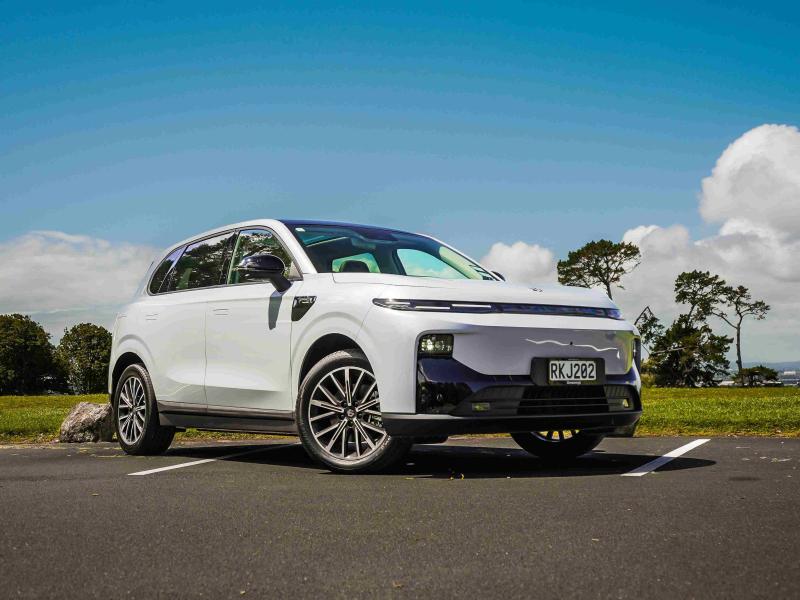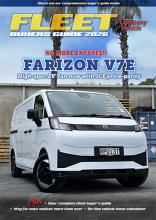Exciting times, new challenges
A new face appears briefly in the editor’s chair, but not new to the industry. I have to thank publisher Cathy Parker for the opportunity to guest-edit this issue.
The chance came about because this month we farewell Damien O’Carroll, who is off to pursue his love of car launches, taking over from the redoubtable Rob Maetzig who has retired. It means a shift in gear to the fast-paced world of newspapers and more online activity, both challenges I know Damien is keen to meet head-on.
It’s exciting to watch the global auto industry adapting to rapid change and to then see what works here in New Zealand – one of the smallest western automotive markets with a set of unique challenges for car brands.
Innovation and technology wait for nobody, and the pace of change is increasing. The laptop on your desk now has more computing power and speed than the rocket that took us to the moon – and yet it lags far behind the processing capability of most medium saloons.
New innovations pour down from the luxury end of the market, making mid-range vehicles safer and more enjoyable to drive without adding appreciably to their cost. While autonomous emergency braking or lane departure assist might seem like answers to questions none of us were asking, nobody who has been saved expense, inconvenience or injury by one of these systems questions its worth.
For all these reasons and more, now is a good time to take a close look at how telematics is helping Kiwi companies and motorists get the best value from their vehicle purchase and use.
Hybrids and pure plug-in electric cars are common enough on our roads that they evoke no particular interest from other motorists. The technologies are probably not quite ‘there’ yet – decent range per charge is still pretty expensive – but I’m with Toyota New Zealand CE Alistair Davis who said a year ago that we are really only one technology step away from ‘democratised’ EVs that are truly cost-effective, practical no-brainers for everyday motoring.
The same is true of customer relationships. Even those of us who run small one or two person SMEs – and they make up most of our business sector – have to make decisions about what vehicle to buy from time to time. Did the salesperson make the experience easy? Enjoyable? Did they ask enough questions to work out what you were after, or was it more a case of fitting you into what they had on the floor?
When a market heavyweight like Toyota takes a radical step that changes customer relationship marketing across its dealer network, you bet we should stop, look and listen. Drive Happy takes the angst out of the interaction between salesperson and customer by offering the product at a set price with a no-haggle guarantee. They support this by paying sales staff on a different model that eases the pressure to maximise commission on a sale.
The Drive Happy initiative is going to transform traditional relationships between the sales force and the customer. It may put a temporary dent in the company’s market share, but I am sure that too has been taken into account.
What convinced Toyota as a global entity to roll out Drive Happy here? It’s a small market, and Toyota New Zealand is agile enough to respond quickly to trends and issues with its new way of doing business. It will be an interesting 12 months as Drive Happy beds in.
Finally, with SUV and ute buyers now making up the better part of the new vehicle buying public, we’re going through the detail of that massive part of the market. Enjoy!
- Mark Baker






